If you walk through the halls of Yutan High School, you will likely see rude, ill-mannered comments being made towards individuals who are neurodivergent—those that think, behave and learn differently than what is considered typical and have conditions ranging from autism to ADHD to down syndrome to learning disabilities. As the sister of a child who has autism, these judgments and remarks hit home on a personal level. Not only is this a prominent problem in the school building, but it continues to be an issue even after being addressed by administrators and staff within the school building. Because of this, I believe that students, especially the ones representing Yutan High School, need to learn how to accept and welcome those with neurodivergence with open arms.

Growing up with a brother diagnosed with autism at a young age, I was able to experience firsthand how acts of rudeness and unkindness—intentional or not—isolate neurodivergent students. This could include making fun of them, making hand gestures that mock them or forcing them to say or do something in an inappropriate manner. For example, I’ve seen and heard people asking students with neurodivergent conditions—who might not know any better because they react differently to social cues—to say or do something that they themselves know is wrong just for a few laughs. Seeing these actions rise in the community surrounding me has been nothing but heartbreaking and disappointing. Most often, the people causing this to happen are seeking attention in the form of laughter from their peers. Targeting someone who seems or acts “different” can be a way for them to deflect attention away from their own insecurities and self-doubt. However, putting others down does not raise you up to a higher social status and ranking. I firmly believe that the way we treat others, especially those with disabilities, says a lot about each and every one of our individual characters. The people receiving the harm often deal with challenges that most of us can’t even imagine, yet they add so many unique, positive perspectives that bring joy to our surroundings. In my life, my brother Henry has always been someone that brings joy and laughter. Using those experiences has helped me gain a new perspective on how to interact with neurodivergent individuals. The least we can do is be understanding, kind, supportive and encouraging to ensure that they feel valued as human beings—just like we would want to be treated ourselves.

One of the most effective ways to address these issues of mistreatment towards neurodivergent individuals is through education and awareness. Many students may not fully understand what it means to live life on a day to day basis whilst dealing with underlying neurological conditions. Because of this, it leads to misunderstandings and misconceptions or in some cases even uneducated behaviors. Having knowledge and understanding can help break down the barrier of unfamiliarity and fear, replacing those traits with acceptance. Researching on their own would be just one way to help educate those individuals. If we can promote and foster inclusivity along with positivity over the subject, I feel that we can lessen the harsh comments and the effects they have.
Understanding that neurodivergent conditions are not weaknesses but simply differences in how people experience the world can go a long way in changing our viewpoints about disabilities. As members of the Yutan High School community, it’s our responsibility to build a culture of inclusion. We pride ourselves on being a school that values teamwork and excellence on the court and field—let’s extend that same energy to how we treat one another. By showing empathy and understanding toward those with neurological differences, we can create an environment where every student feels respected and valued. I think it’s a good reminder that kindness costs nothing, but it has the power to change lives. Instead of seeking approval through hurtful jokes or comments, consider the long-lasting effects of simple gestures: offering a smile, lending a hand or simply including someone who feels left out. Although these may seem like unimportant actions, it is one small step to a bigger change in our community. Together, let’s remember that those with neurodivergent conditions are simply different, not less.


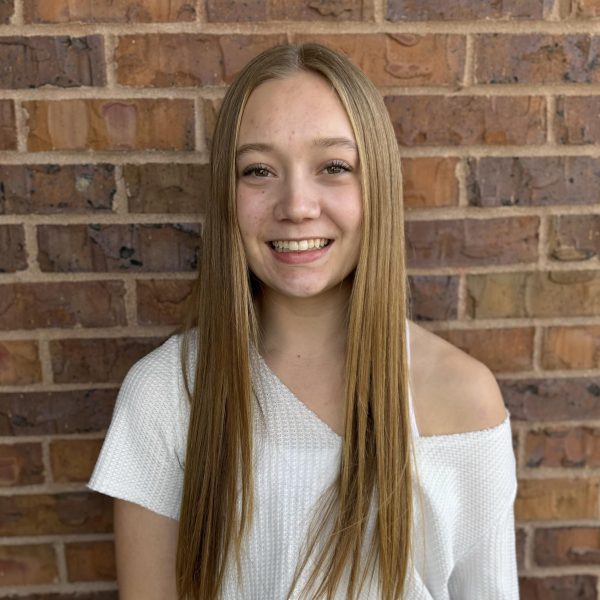
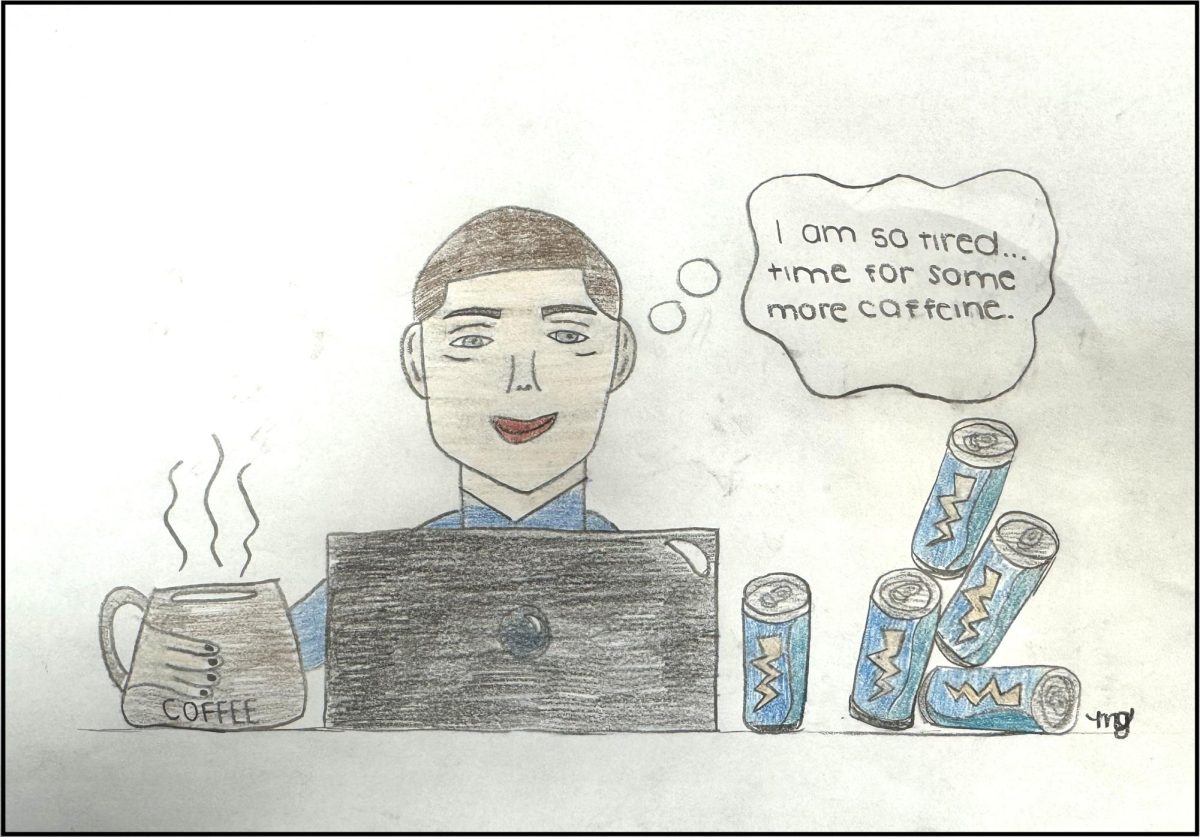
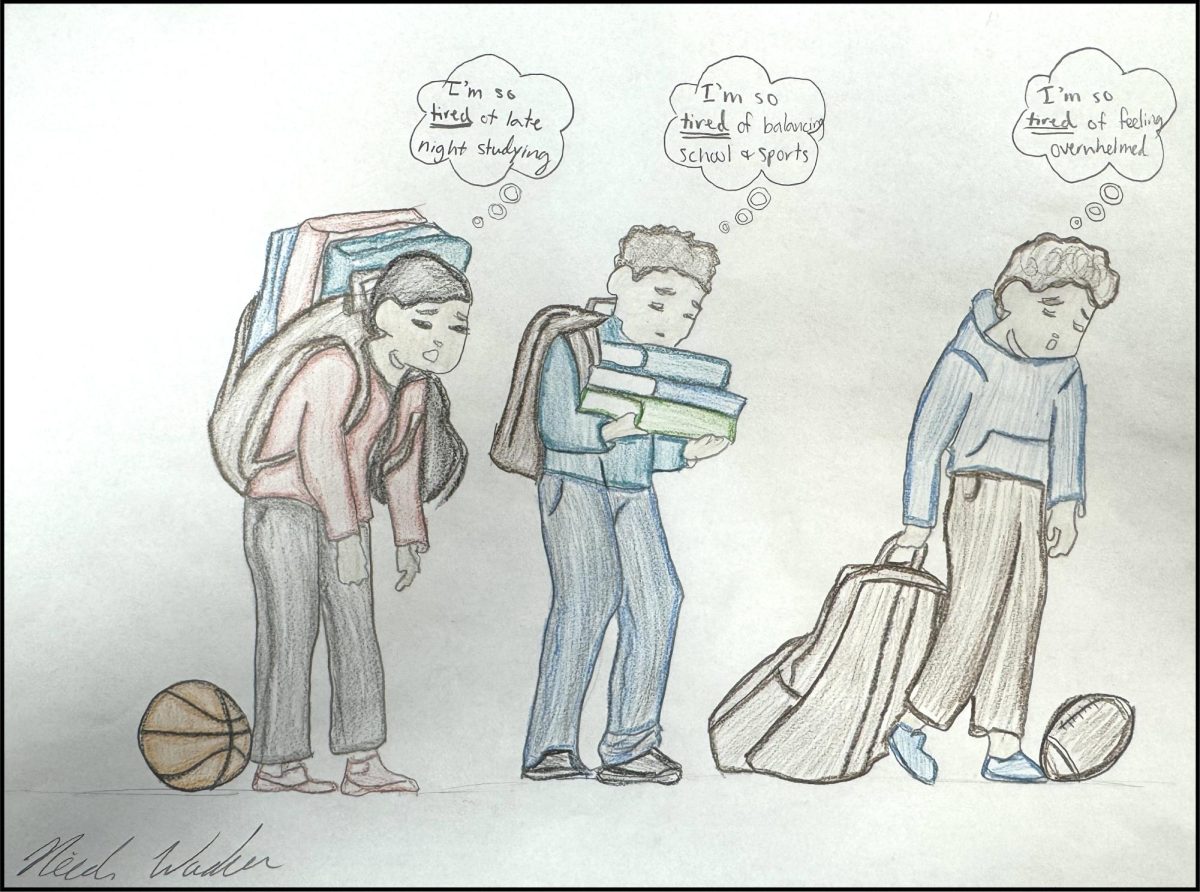
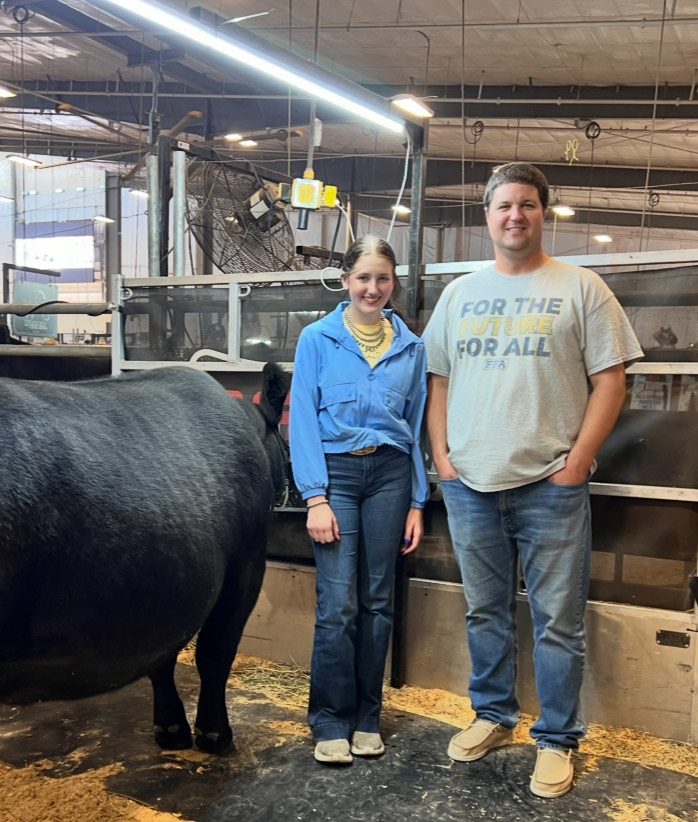
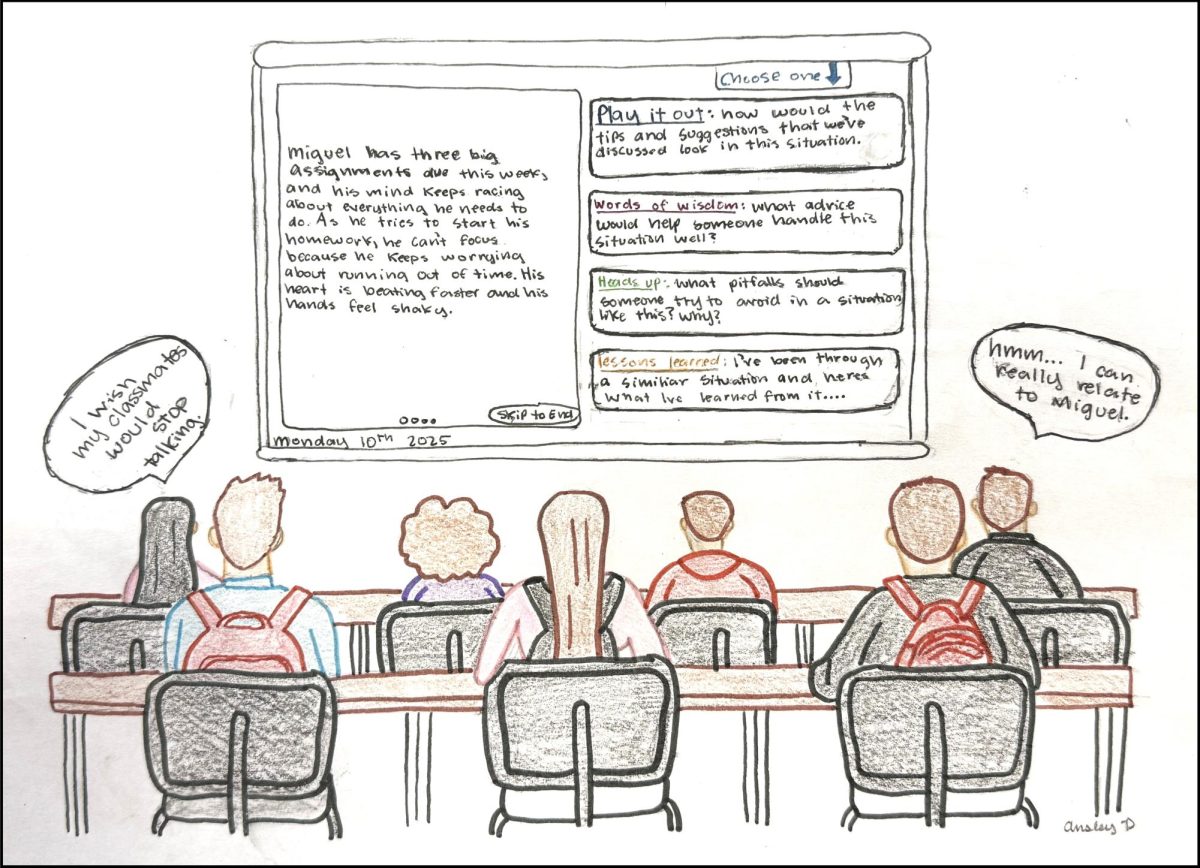
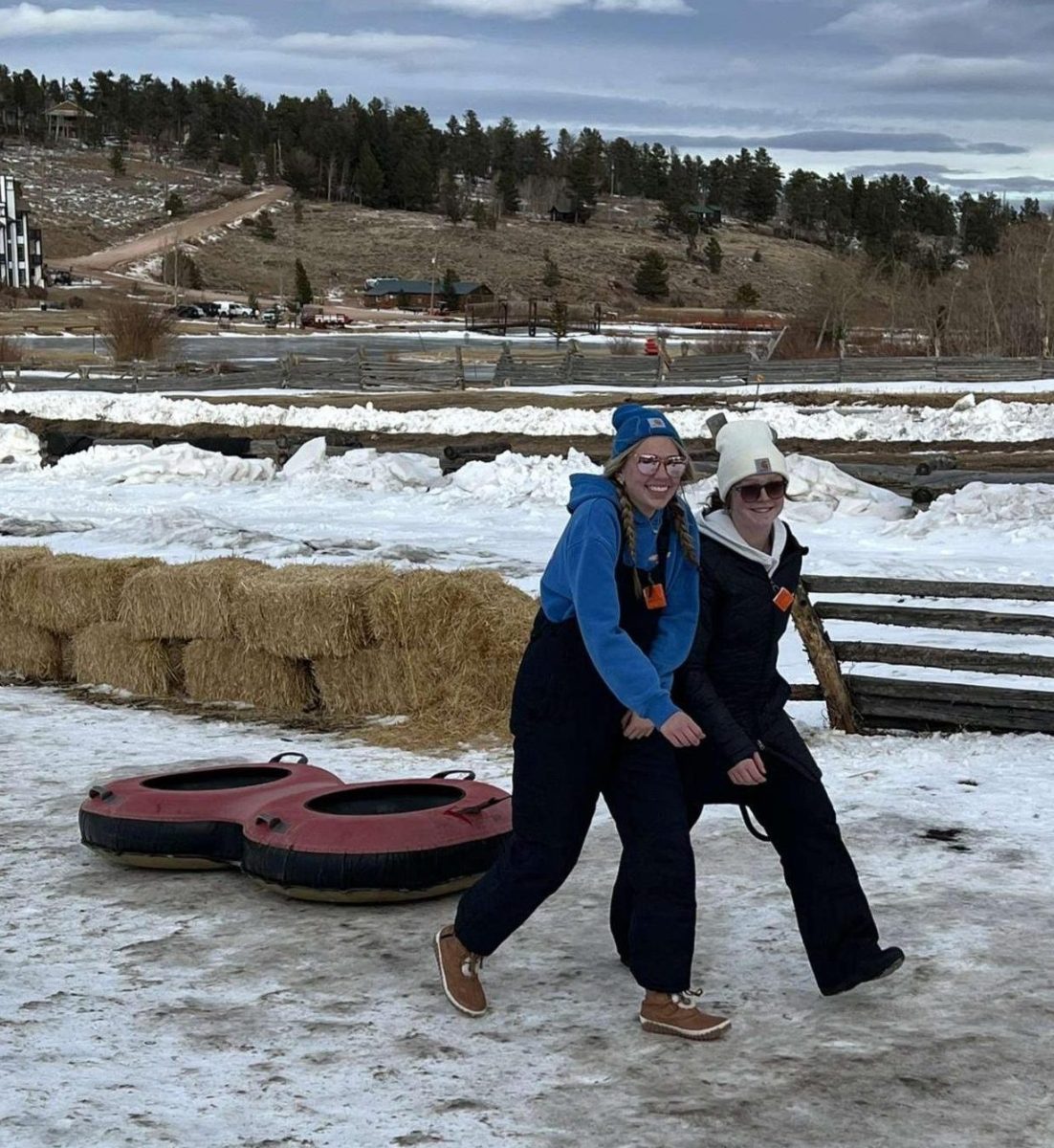
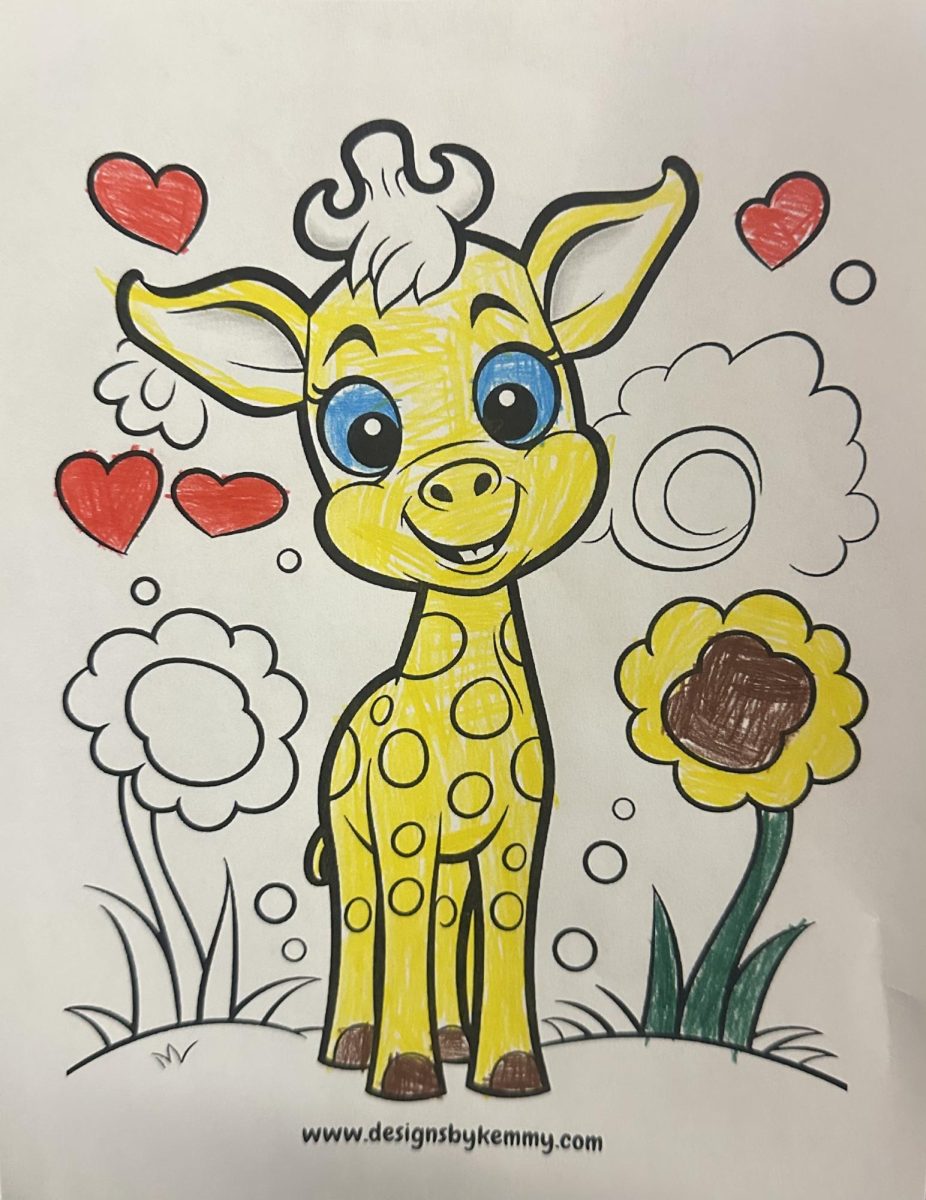
Kathy Wendlandt • Dec 11, 2024 at 3:05 pm
So great Kylie!!
James Royal • Dec 10, 2024 at 3:25 pm
Fantastic article, sadly it is difficult for most to understand the daily struggles of those who have so much to overcome. If more people would put themselves in the shoes of those they torment and see the world through those eyes, we would all become better people, thank you for sharing your perspective.
James Royal